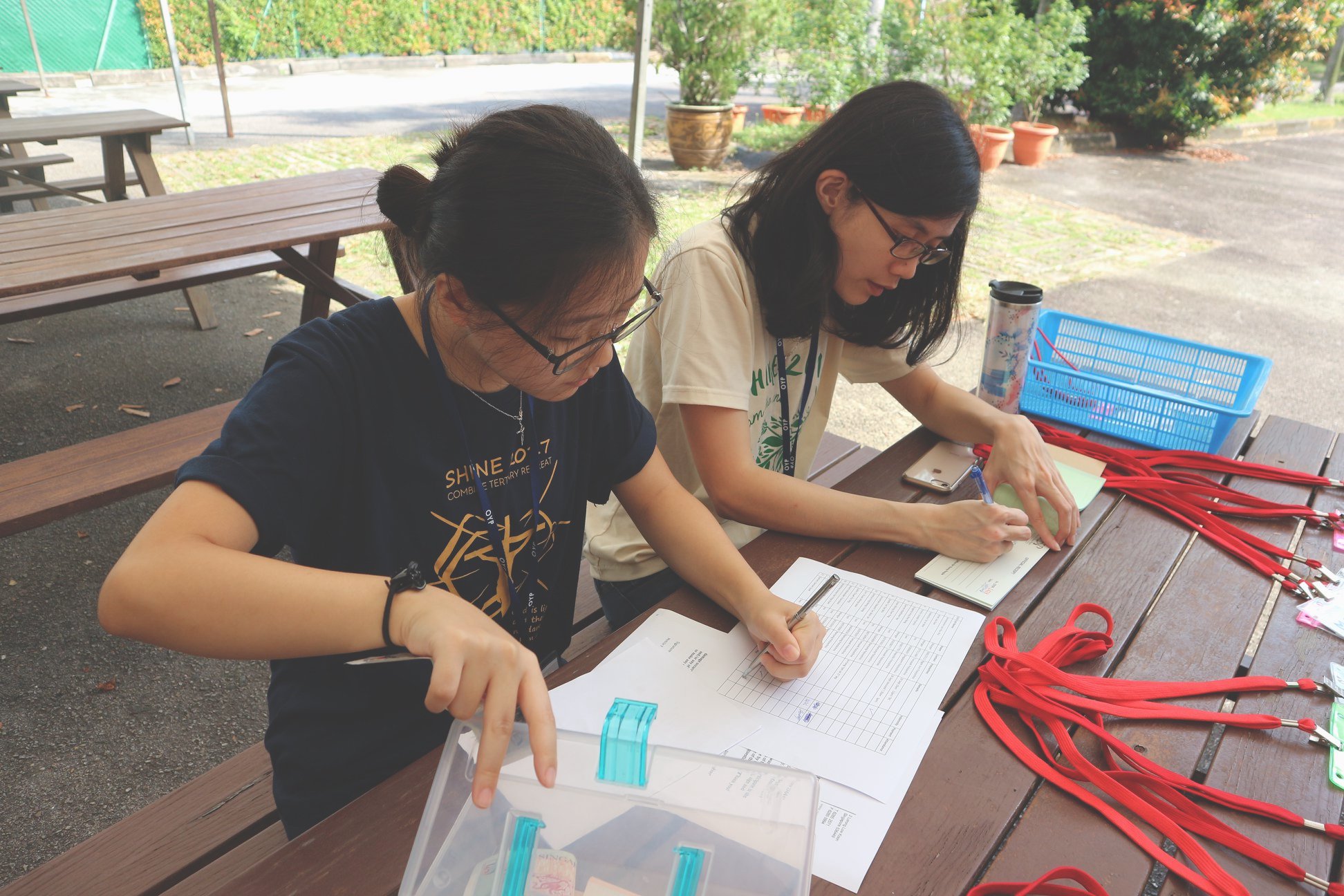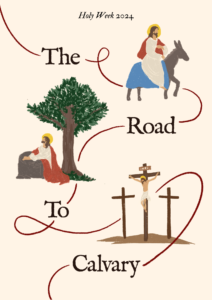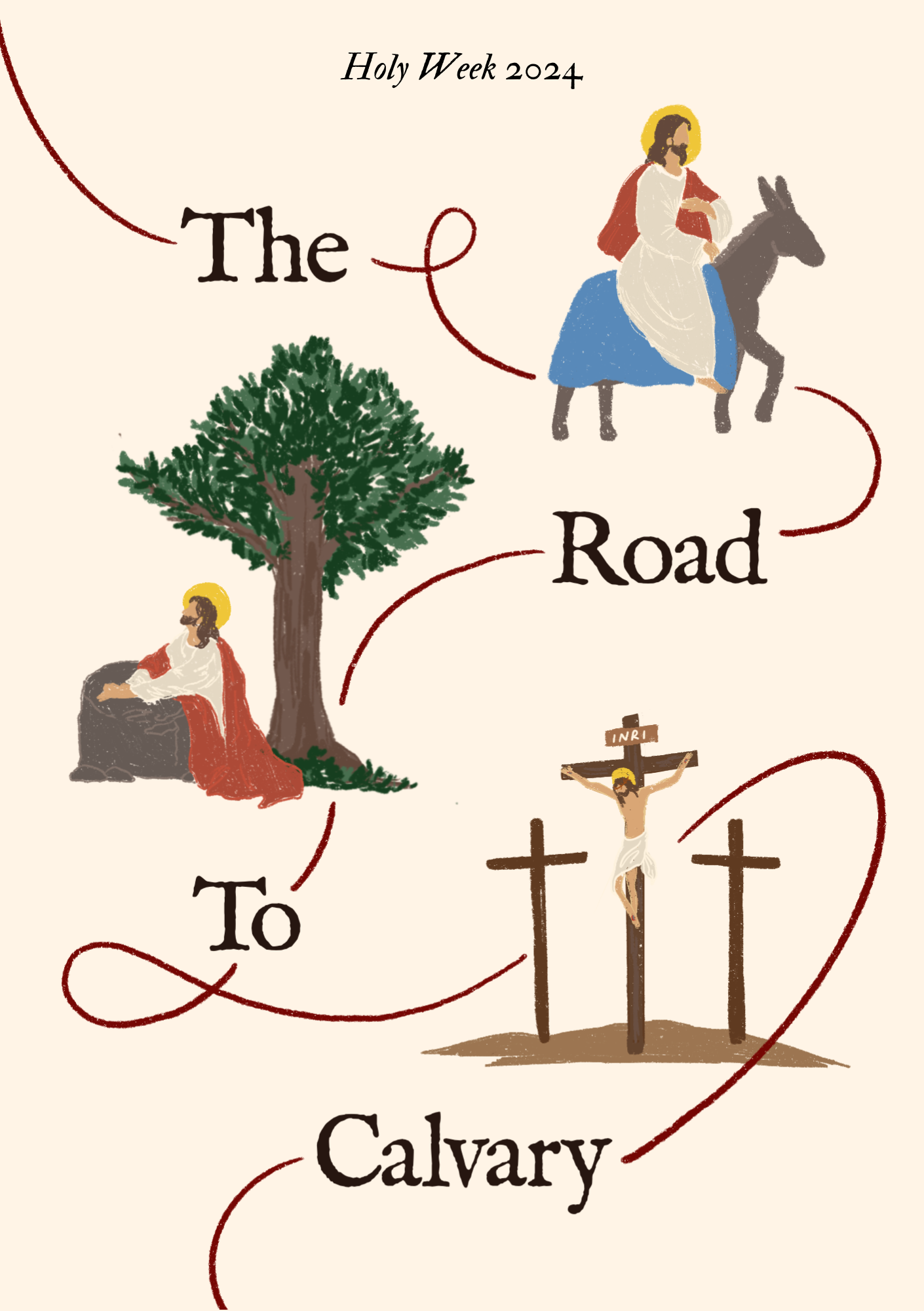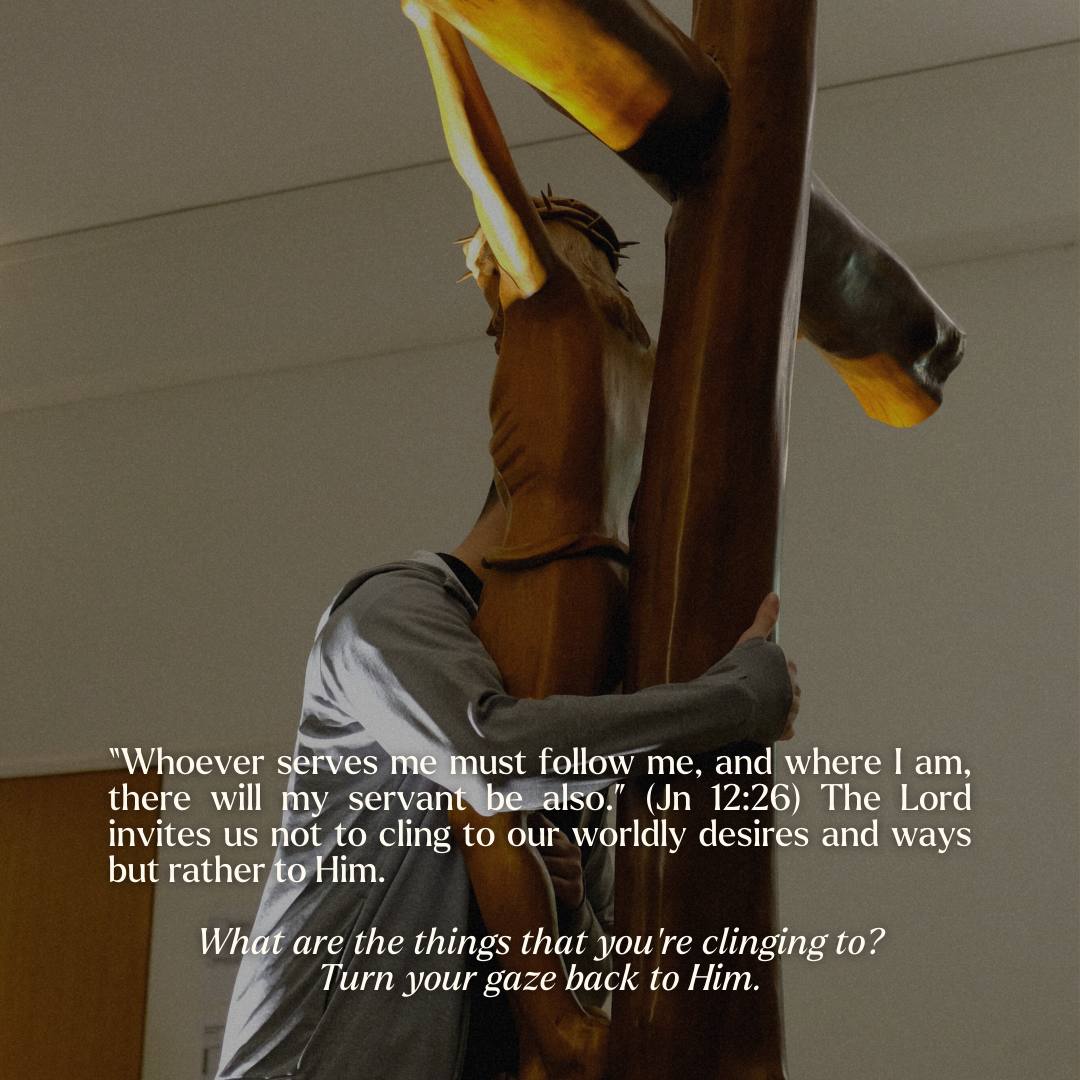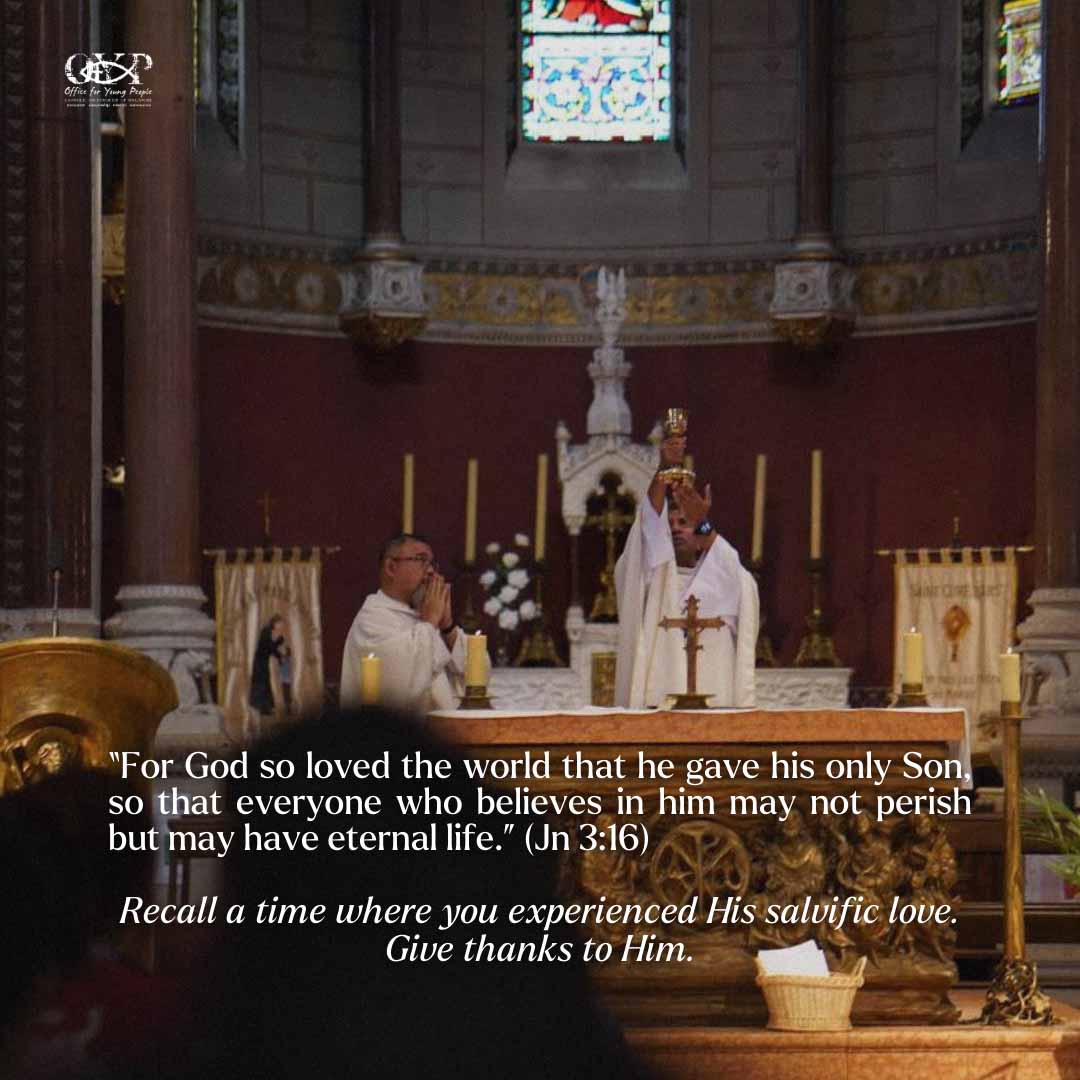by Teresa Luo
Gifts of the Spirit
As varied as the personalities that form the Church, so are there an assortment of gifts or charisms for each person in the one Body of Christ. Wisdom, prophecy, administration, teaching, and tongues are but a few of the many gifts which can be broadly categorised into Traditional gifts (Isaiah 11:1-3), Motivational gifts (Romans 12:6-8) and Ministry gifts (Ephesians 4:11, 1 Corinthians 12:28).
The purpose of these gifts are related to the missionary aspect of the Church: We have been sent by Christ to make disciples of all nations (CCC 767). So in order to empower us for the mission, the Holy Spirit bestows upon each of us various gifts, called charisms (CCC 768). The collaboration between the recipients of different charisms form and grow the Church of Christ.
The first step then, is for us to discern the cluster of gifts that the Holy Spirit has given us (link to the Charism Quiz can be found in the previous article on “Gifts and Charisms in Community”). The second is to thoroughly understand our gifts so that we can make full use of it in our earthly mission. Finally, using these gifts through our work and ministry will strengthen our ability to use them, and aid in the completion of our mission.
The Gift of Administration
In the interest of this article, we look in depth at the gift of administration–administration as a personal gift and as an office. Administration is a term familiar to many, as it is needed in almost any structure or organisation. Organisations such as schools, businesses, hospitals, or even the Church require administrators to oversee the smooth flow of processes and procedures.
The gift of administration refers to the leadership aspect of an administrator, and not the “administrative work” of filling in forms and arranging files that we may often think of. Though the word is loosely used, the heart of administration in the Christian context is about being an effective channel of God’s wisdom through planning and coordination to accomplish the good. This also means that even if you do not have the personal gift of administration, you would have likely been in an office of administration before.
Personal Gift
Persons with the gift of administration are sticklers for their schedules, and enjoy planning and organising activities. They make and execute logistical plans in order to accomplish the group’s goals. Being problem solvers, administrators have the gift to efficiently cut through the chaos to execute their plan and to meet the needs of the group. Delegation is a key talent that administrators possess as they employ the help of many to reach a common goal.
Having administration as a personal gift means that an administrator will take a methodical approach to everything that he/she does; be it planning a work project, hosting a party, or just having a meal. The characteristics of an administrator will be evident in how the person conducts his/her life and the way decisions are made.
The gift of administration is vital in the Church, as an enormous portion of God’s goodness is administered through people and organisations. Sharing and disseminating the Word of God to large crowds is aided by and made possible through the help of efficient programmes coordinated by administrators. It is crucial that programmes that deliver the message of Christ are executed meticulously, to ensure that the message or teaching is not lost nor diluted in the process. This is the scope of an administrator in building God’s kingdom.
Biblical figures like Moses and Joshua are seen as great administrators of the Church. They led the Israelites numbering 600,000 men, not including women and children and livestock, on foot to the Promised Land (Exodus 12:37–38). Leading this flock meant tending to the livestock, healing the sick, maintaining law and order, settling any disputes, and catechising the people. To manage all the Israelites would have taken much planning and division of work, on top of not being exactly clear how long the journey will be, and just trusting in the Lord. Leading and administering on this scale was no mean feat and serves as a motivational example for any administrator coordinating their own projects.
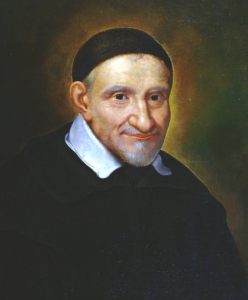
St. Vincent de Paul is another figure gifted with the spirit of administration. In order to help the poor and vulnerable, St. Vincent organised the collecting of funds by the wealthy women of Paris. He founded hospitals, gathered relief funds for the victims of war, and set slaves free in North Africa. St. Vincent was instrumental even in starting seminaries, and was a pioneer in conducting clerical trainings. He used his gift of organising and planning programmes to bring Christ to the people through aid, relief and spiritual formation. This is an example of the drawing out of the potential of the charism of administration.
Administration and Leadership
The gift of administration and the gift of leadership may seem similar, but are actually different. Though these two gifts are complementary, they have clear distinctions that make them unique. A leader is usually one to motivate people and stir in their hearts a desire to work towards a common goal. Leaders take charge of the big picture, setting the goals and vision of the group. In a Christian context, leaders identify God’s purpose and set the direction towards the goal.
On the other hand, the administrator executes the plans to reach these goals that the leader has set. An administrator sustains the momentum that the leader has spurred. If we look at the example of Jesus and His apostles, Jesus set the goal of a missionary Church founded on love, and His apostles helped to execute the mission throughout the rest of the world. The role of leaders and administrators are not always clear cut, but it takes both a leader and an administrator to work in tandem for a goal to be met.
With a clearer picture of the personal gift of administration in mind, do look out for our discussion on the office of administration in the next article: The Gift and Office of Administration: Part 2 next week!

My Vocation is to Love: a series on how the Lord uses the gifts and charisms that have been given to each member of the Body, and how we have been empowered by the grace of the Holy Spirit to love and build up the Body of Christ. Each article will touch on how a young person has been empowered to love through the gifts that have been given to them; for if we have prophetic powers, and understand all mysteries and all knowledge, and if we have faith so as to remove mountains, but do not have love, we are nothing (1 Corinthians 13). Our hope is that we may gain a better insight into how the Lord works differently through each person to serve the body of Christ in their vocation to love.

